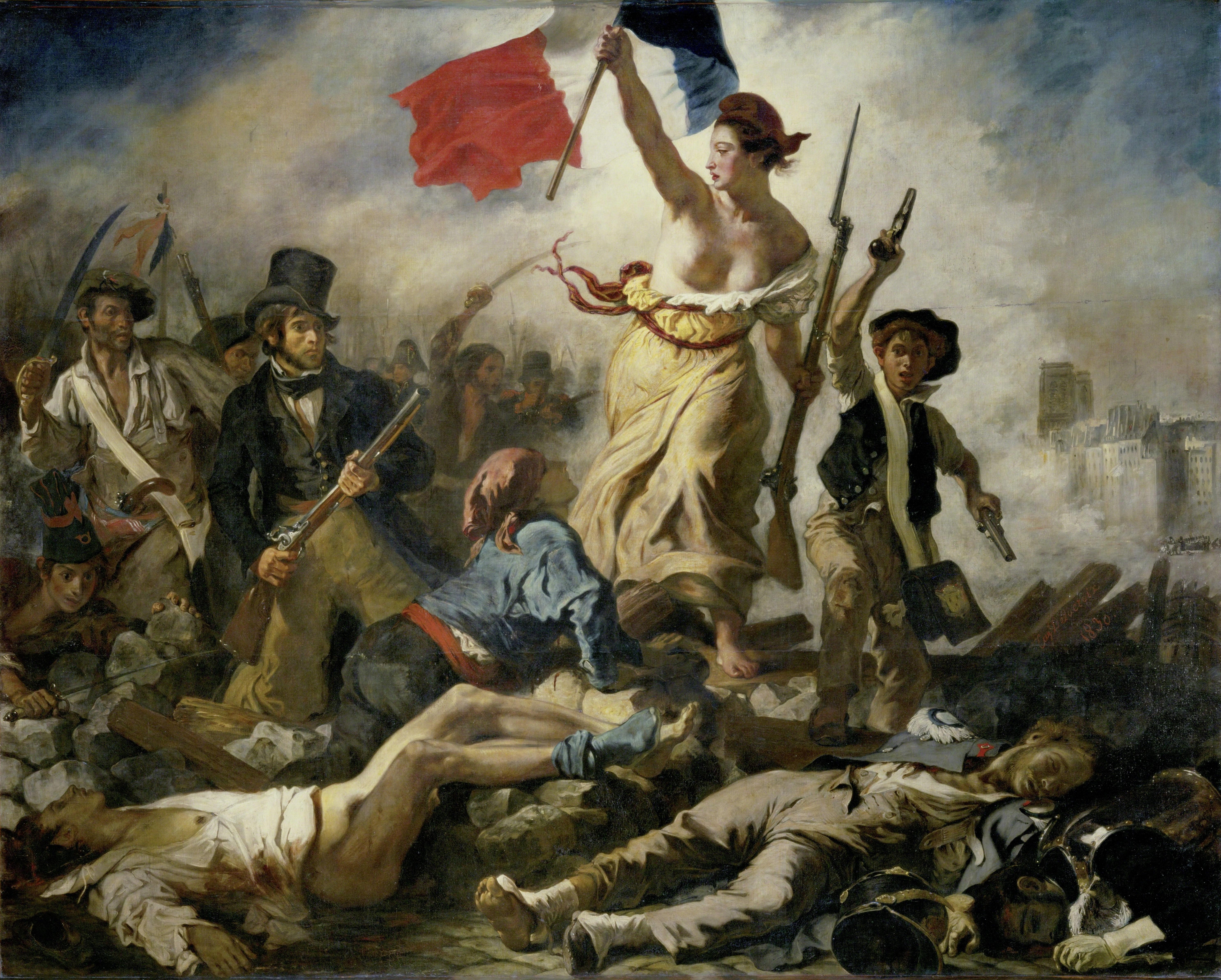
Boycott
A boycott is an act of nonviolent, voluntary abstention from a product, person, organization, or country as an expression of protest. It is usually for moral, social, political, or environmental reasons. The purpose of a boycott is to inflict some economic loss on the target, or to indicate a moral outrage, usually to try to compel the target to alter an objectionable behavior.
For other uses, see Boycott (disambiguation).
The word is named after Captain Charles Boycott, agent of an absentee landlord in Ireland, against whom the tactic was successfully employed after a suggestion by Irish nationalist leader Charles Stewart Parnell and his Irish Land League in 1880.
Sometimes, a boycott can be a form of consumer activism, sometimes called moral purchasing. When a similar practice is legislated by a national government, it is known as a sanction. Frequently, however, the threat of boycotting a business is an empty threat, with no significant effect on sales.[1]
Although the term itself was not coined until 1880, the practice dates back to at least the 1790s, when supporters of the British abolitionists led and supported the free produce movement.[7] Other instances include:
During the 1973 oil crisis, the Arab countries enacted a crude oil embargo against the West. Other examples include the US-led boycott of the 1980 Summer Olympics in Moscow, the Soviet-led boycott of the 1984 Summer Olympics in Los Angeles, and the movement that advocated "disinvestment" in South Africa during the 1980s in opposition to that country's apartheid regime. The first Olympic boycott was in the 1956 Summer Olympics with several countries boycotting the games for different reasons. Iran also has an informal Olympic boycott against participating against Israel, and Iranian athletes typically bow out or claim injuries when pitted against Israelis (see Arash Miresmaeili).
Academic boycotts have been organized against countries—for example, the mid- and late 20th-century academic boycotts of South Africa in protest of apartheid practices and the academic boycotts of Israel in the early 2000s.
Collective behavior[edit]
The sociology of collective behavior is concerned with causes and conditions pertaining to behavior carried out by a collective, as opposed to an individual (e.g., riots, panics, fads/crazes, boycotts). Boycotts have been characterized by some as different from traditional forms of collective behavior in that they appear to be highly rational and dependent on existing norms and structures. Lewis Killian criticizes that characterization, pointing to the Tallahassee bus boycott as one example of a boycott that aligns with traditional collective behavior theory.[15]
Philip Balsiger points out that political consumption (e.g., boycotts) tends to follow dual-purpose action repertoires, or scripts, which are used publicly to pressure boycott targets and to educate and recruit consumers. Balsiger finds one example in Switzerland, documenting activities of the Clean Clothes Campaign, a public NGO-backed campaign, that highlighted and disseminated information about local companies' ethical practices.[16]
Dixon, Martin, and Nau analyzed 31 collective behavior campaigns against corporations that took place during the 1990s and 2000s. Protests considered successful included boycotts and were found to include a third party, either in the capacity of state intervention or of media coverage. State intervention may make boycotts more efficacious when corporation leaders fear the imposition of regulations. Media intervention may be a crucial contributor to a successful boycott because of its potential to damage the reputation of a corporation. Target corporations that were the most visible were found to be the most vulnerable to either market (protest causing economic loss) or mediated (caused by third-party) disruption. Third-party actors (i.e., the state or media) were more influential when a corporation had a high reputation—when third-party activity was low, highly reputable corporations did not make the desired concessions to boycotters; when third-party activity was high, highly reputable corporations satisfied the demands of boycotters. The boycott, a prima facie market-disruptive tactic, often precipitates mediated disruption. The researchers' analysis led them to conclude that when boycott targets are highly visible and directly interact with and depend on local consumers who can easily find substitutes, they are more likely to make concessions. Koku, Akhigbe, and Springer also emphasize the importance of boycotts' threat of reputational damage, finding that boycotts alone pose more of a threat to a corporation's reputation than to its finances directly.[17][18]
Philippe Delacote points out that a problem contributing to a generally low probability of success for any boycott is the fact that the consumers with the most power to cause market disruption are the least likely to participate; the opposite is true for consumers with the least power. Another collective behavior problem is the difficulty, or impossibility, of direct coordination amongst a dispersed group of boycotters. Yuksel and Mryteza emphasize the collective behavior problem of free riding in consumer boycotts, noting that some individuals may perceive participating to be too great an immediate personal utility sacrifice. They also note that boycotting consumers took the collectivity into account when deciding to participate, that is, consideration of joining a boycott as goal-oriented collective activity increased one's likelihood of participating. A corporation-targeted protest repertoire including boycotts and education of consumers presents the highest likelihood for success.[19][20]
Diplomatic boycott[edit]
Nations have from time to time used "diplomatic boycotts" to isolate other governments. Following the May Coup of 1903, Great Britain led the major powers in a diplomatic boycott against Serbia, which was a refusal to recognize the post-coup government of Serbia altogether by withdrawing ambassadors and other diplomatic officials from the country;[31] it ended three years later in 1906, when Great Britain renewed diplomatic relations through a decree signed by King Edward VII.[32]
A diplomatic boycott is when diplomatic participation is withheld from an event such as the Olympics but athletic participation is not limited.[33] In 2021, a number of Western nations, led by the United States, Britain and Canada, protested the 2022 Beijing Winter Olympics through a diplomatic boycott, citing China's policies concerning the persecution of Uyghurs and human rights violations in the country.[34][35][36]